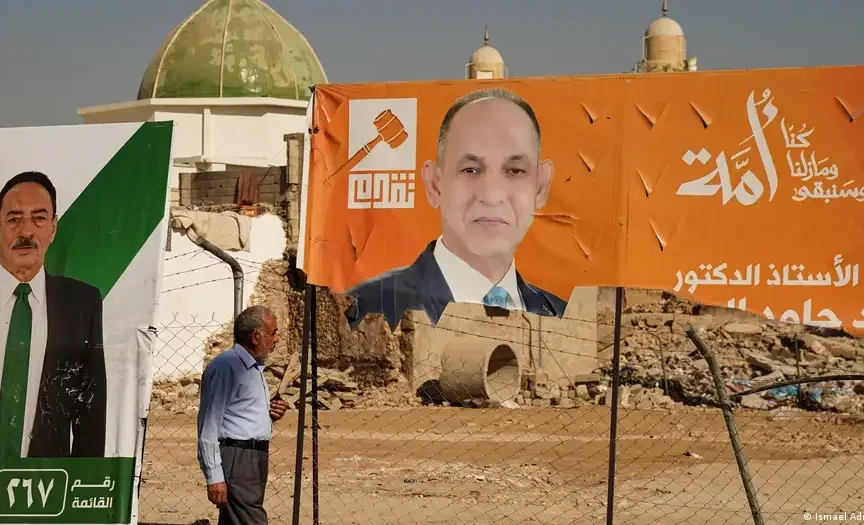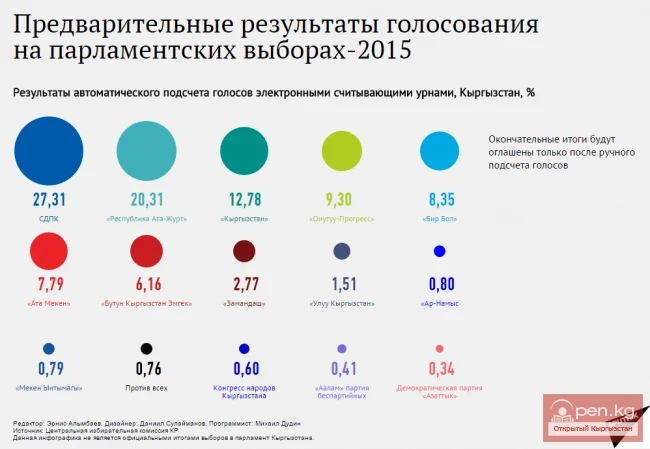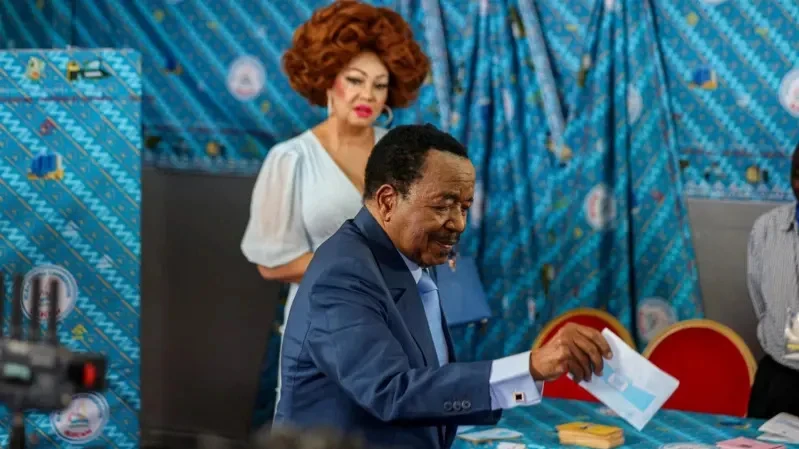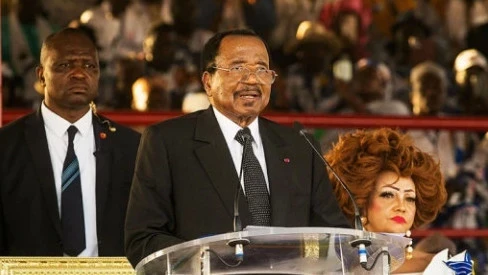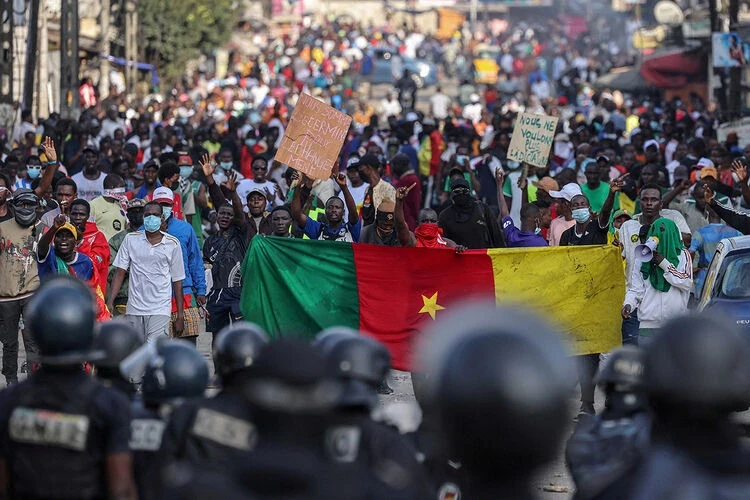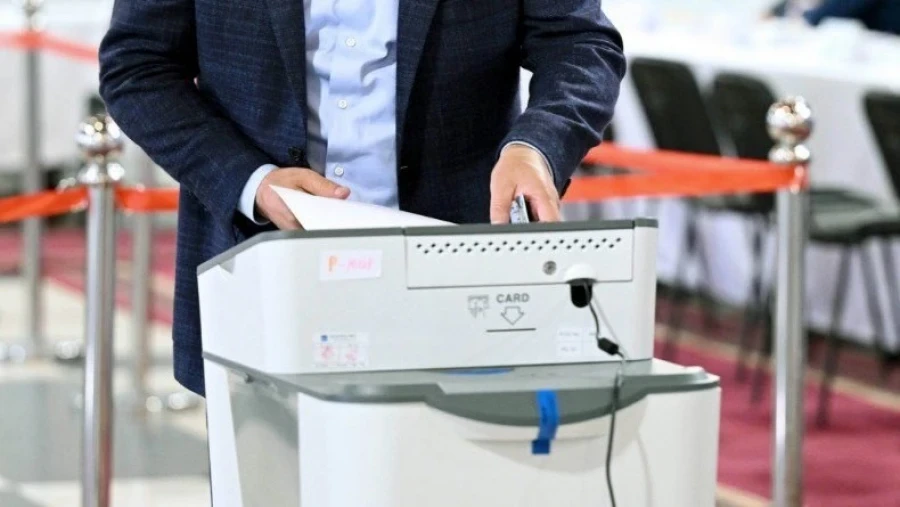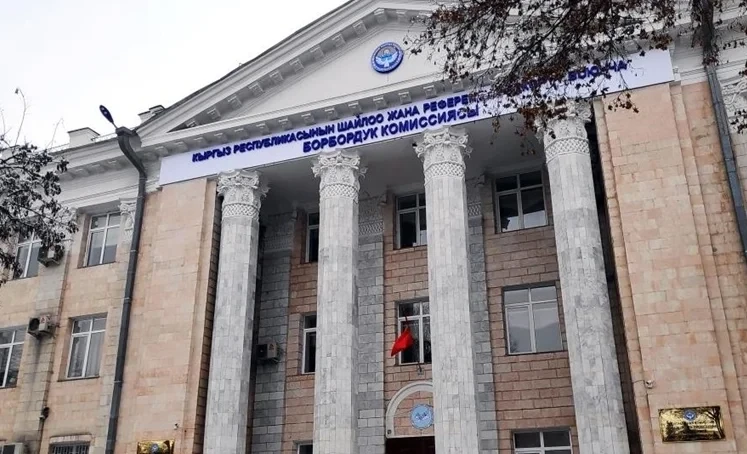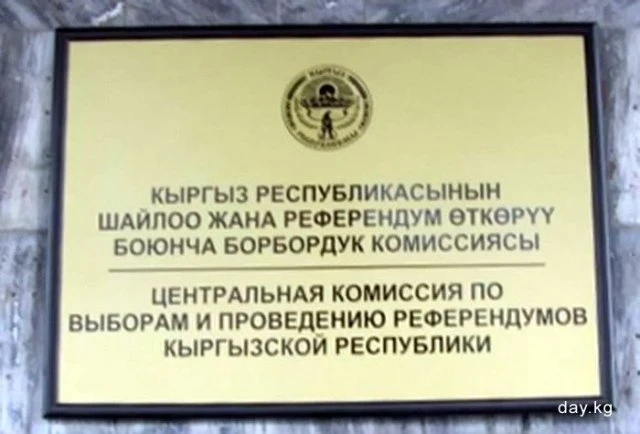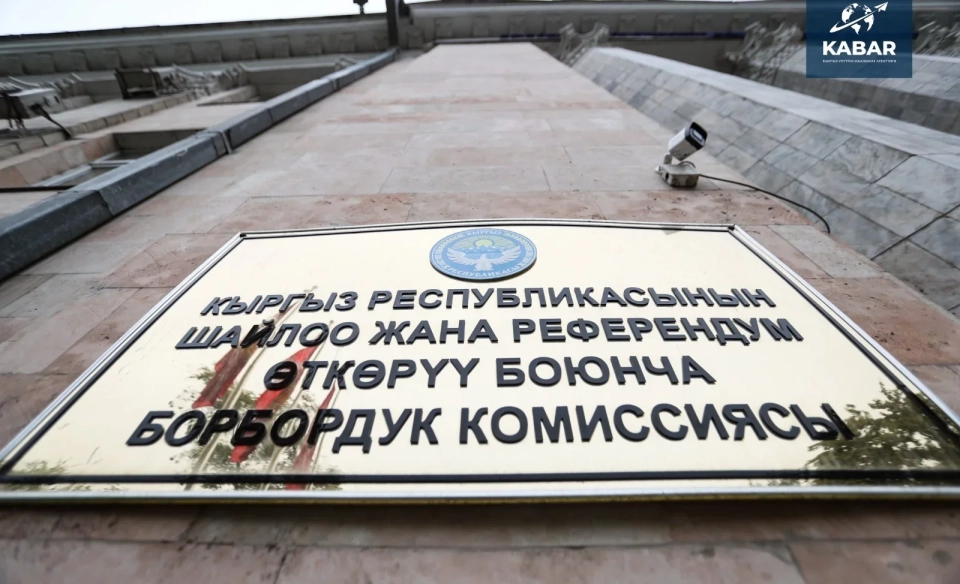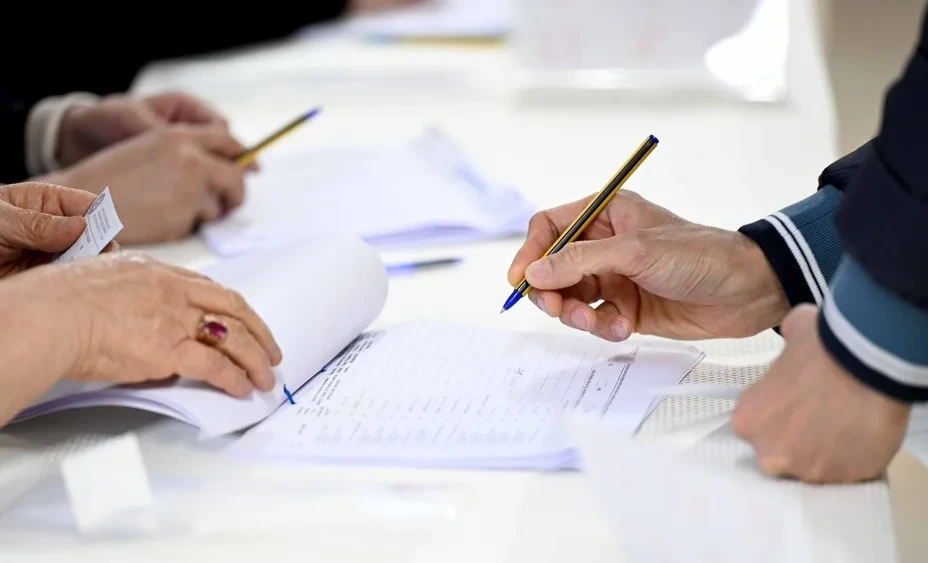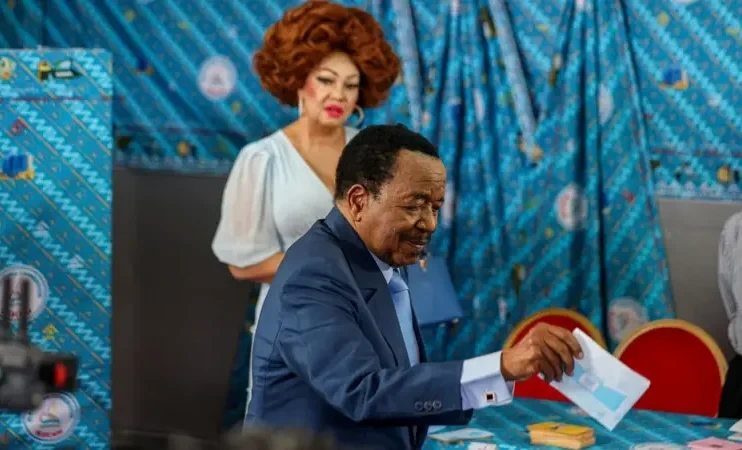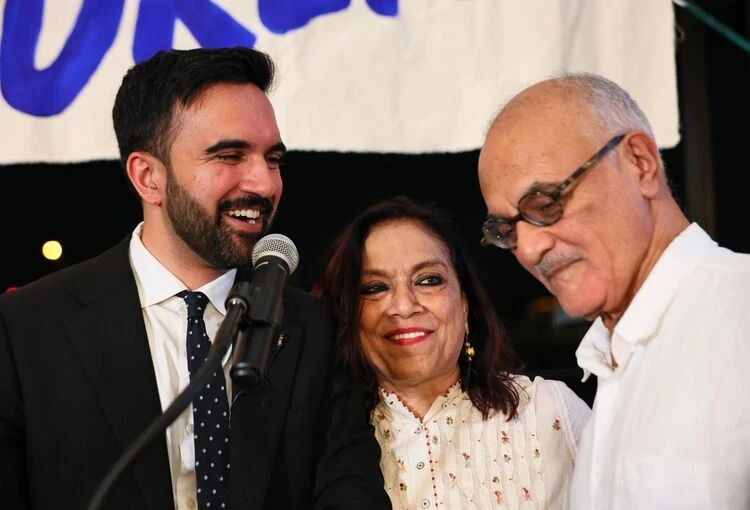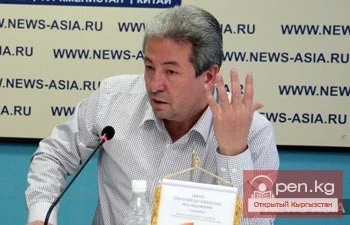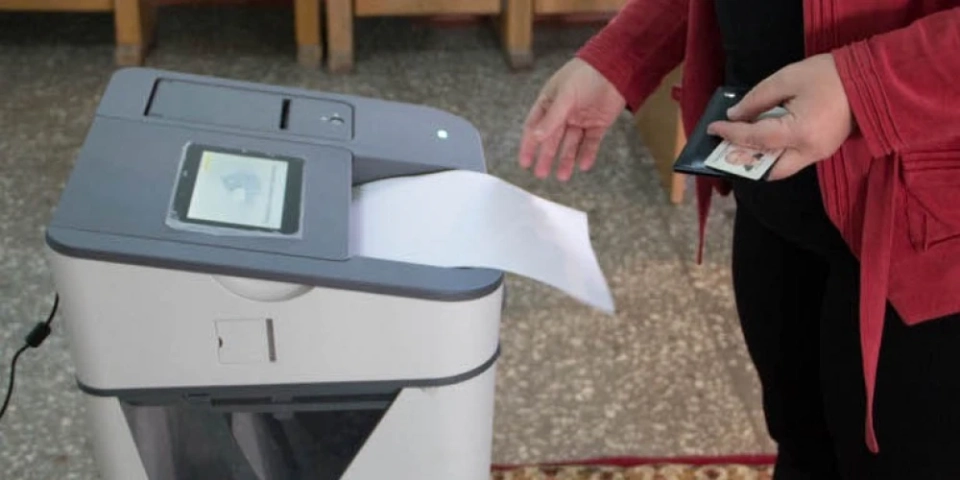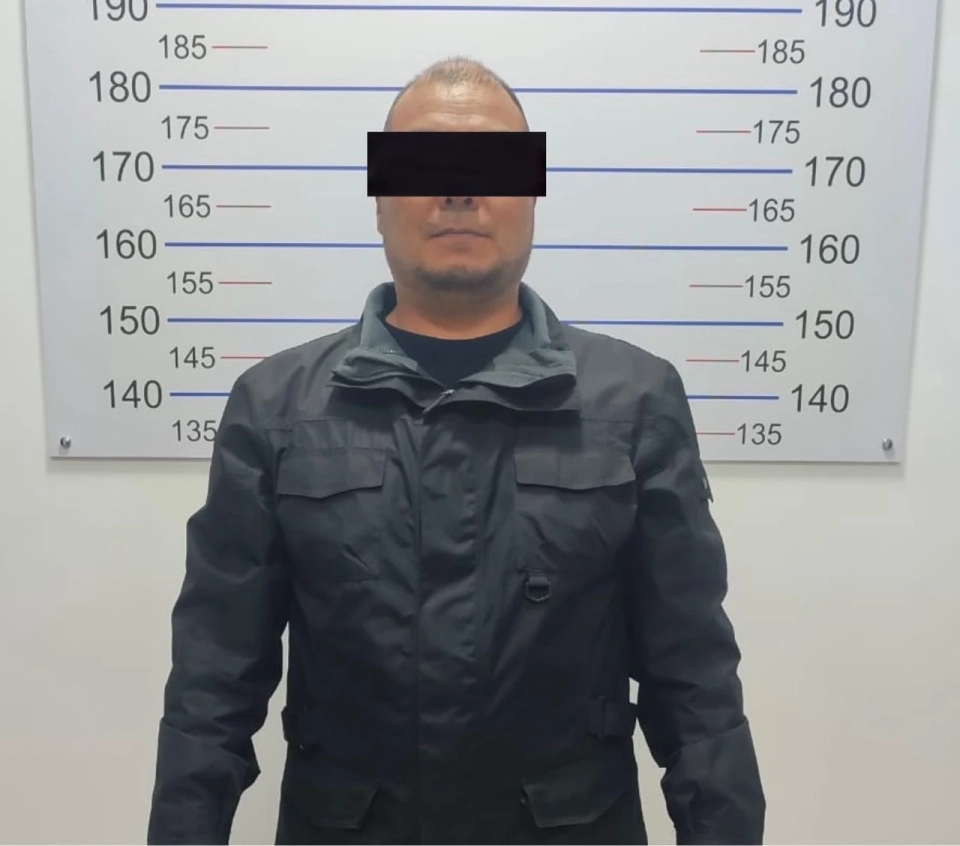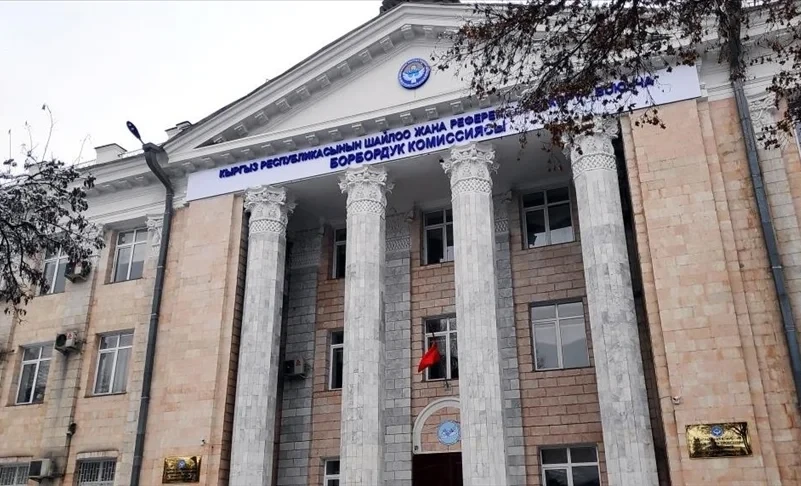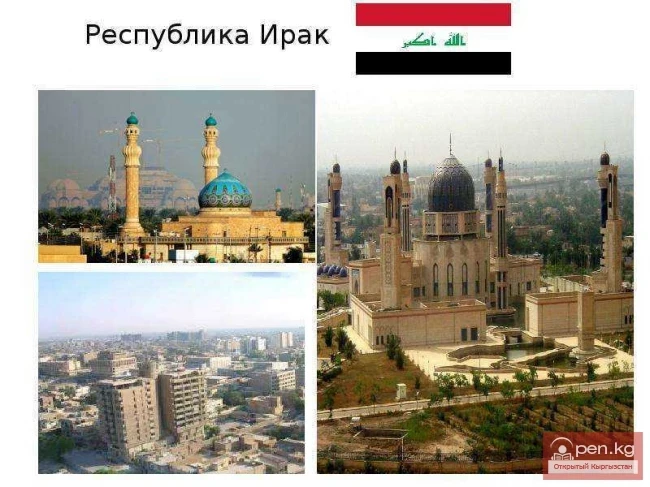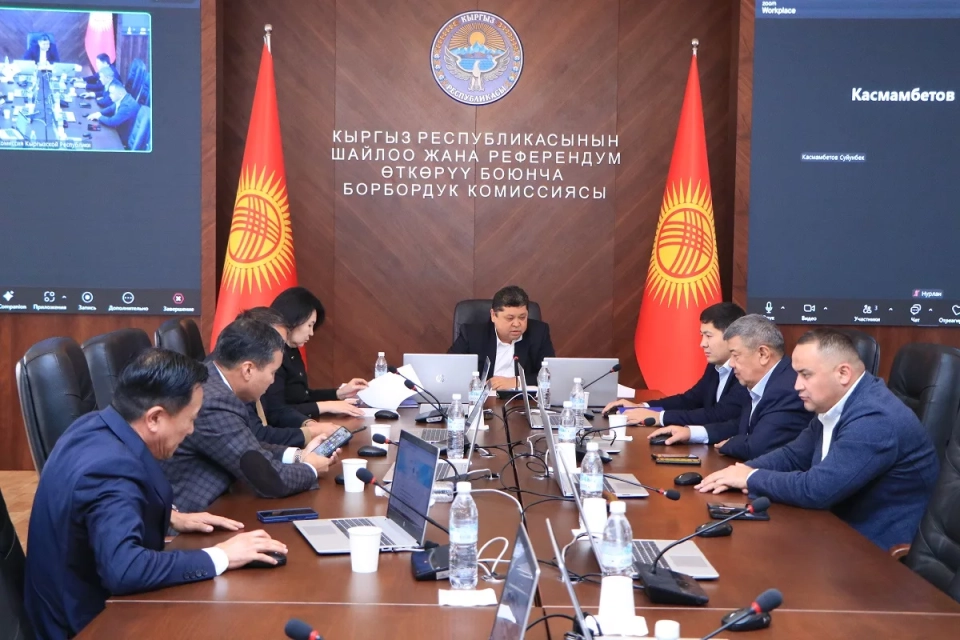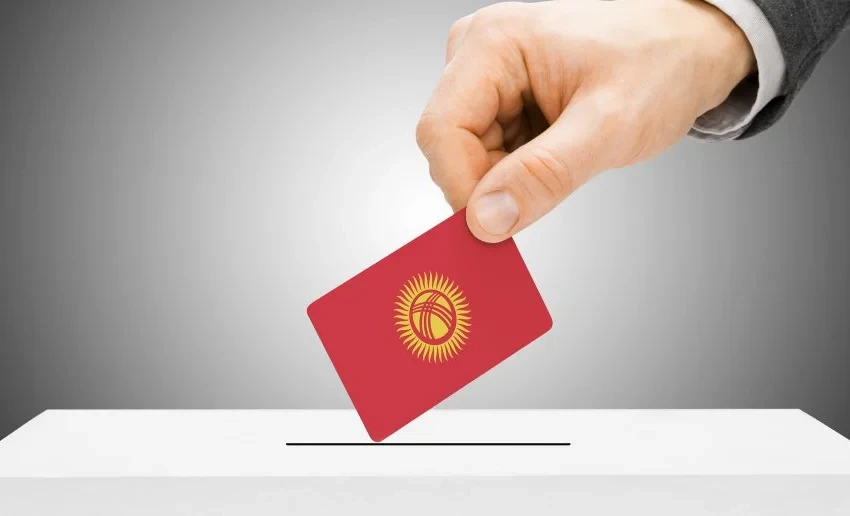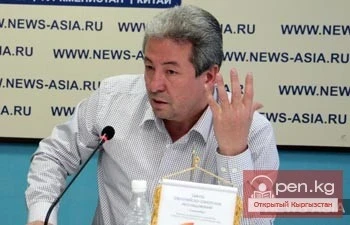
In the parliamentary elections in Iraq, held on November 13, the "Coalition for Construction and Development," led by the current Prime Minister Muhammad al-Sudani, emerged victorious. According to the Iraqi High Electoral Commission, the alliance of Shiite forces received over 1.3 million votes, reports the dpa agency.
According to preliminary results released after counting 99% of the ballots, the Kurdistan Democratic Party came in second, gathering over 1 million votes. Rounding out the top three is the Sunni bloc "Progress," led by former Speaker of the Iraqi Parliament Muhammad al-Halbousi, which garnered about 945,000 votes.
Government Formation: Challenging Prospects
In Iraq, with a population of approximately 46 million, 21 million citizens have the right to vote. Voter turnout was 56.1%, which is 12 percentage points higher than in the previous parliamentary elections in 2021.
Mohammad al-Sudani aims to serve another term as Prime Minister; however, experts express doubts about his success, pointing to divisions within the coalition. Negotiations to form a new government may take several weeks or even months.
About the Elections in Iraq
The country's parliament consists of 329 seats, 25% of which are reserved for women. More than 7,740 candidates competed for parliamentary mandates. The election process was monitored by about 300 representatives of international organizations, including the UN and the League of Arab States.
These elections took place amid instability arising from years of war and repression. Voter preferences are often determined by ethnic and religious affiliations. Observers note that the electoral campaign was mainly focused on the struggle for power and positions rather than on clear political programs or public debates.
